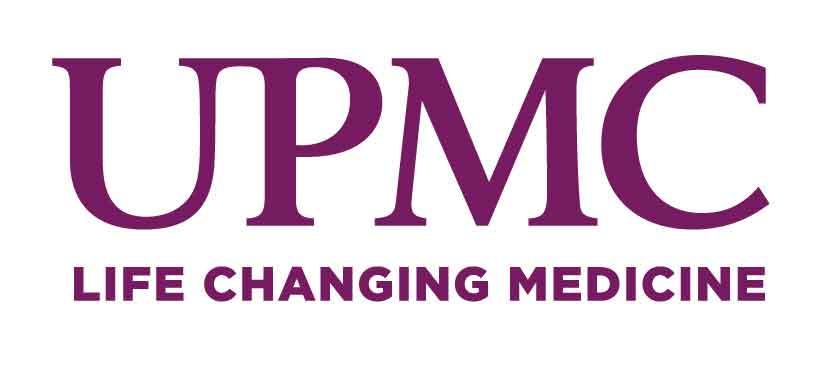UPMC: UPMC and Pitt Tests COVID-19 Vaccine in Pregnancy and Postpartum
UPMC Magee-Womens Hospital and the University of Pittsburgh School of Medicine will participate in a National Institute of Allergy and Infectious Diseases study of the immune response to COVID-19 vaccines among pregnant and postpartum individuals and their babies.
The observational study, dubbed MOMI-VAX, will evaluate the development and durability of COVID-19 antibodies in individuals who receive, or who already have received, a COVID-19 vaccine while pregnant or during the first two months postpartum. Additionally, the study will assess vaccine safety and the transfer of antibodies to infants across the placenta and through breast milk.
Pregnancy is considered a high-risk factor for COVID-19 infection, since individuals have a higher likelihood of worse outcomes—including death—than their peers with COVID-19 who are not pregnant. Additionally, severe COVID-19 during pregnancy can put the baby at risk for complications, including pre-term birth.
Richard Beigi release
“While we firmly believe the COVID-19 vaccines are very safe for pregnant and postpartum individuals, we need more robust data to better understand vaccination specifics and durability against COVID-19 in this population, as well as its impact on their babies,” explains Richard Beigi, M.D., national principal investigator of the study, president of UPMC Magee and professor of reproductive sciences at Pitt. “Results from this trial will provide more science-based guidelines, leading to much clearer protocols and advice.”
Katie Bunge, M.D., of the Pitt School of Medicine’s Department of Obstetrics, Gynecology, and Reproductive Sciences, will work closely with Beigi as site principal investigator at UPMC Magee. Bunge, along with investigators across the 20 participating study sites, will enroll up to 750 pregnant and 250 postpartum individuals within two months of delivery who have received, or will receive, one of the three COVID-19 vaccines available in the United States under emergency use authorization. For a year after delivery, participants and their infants will provide blood samples to assess and measure vaccine-induced antibodies and the transfer of these antibodies across the placenta. Additionally, lactating individuals will provide breast milk samples to evaluate the potential protection against COVID-19 to breastfed babies.

